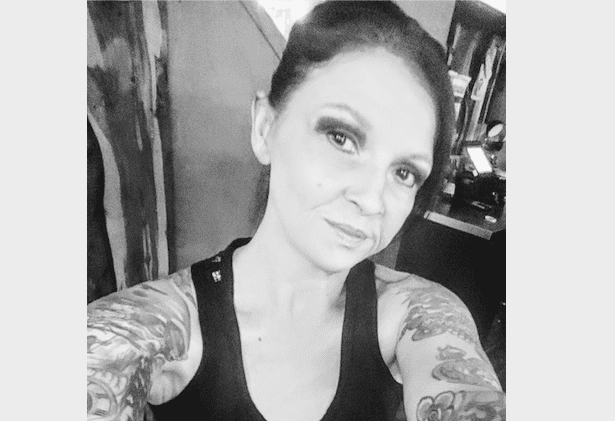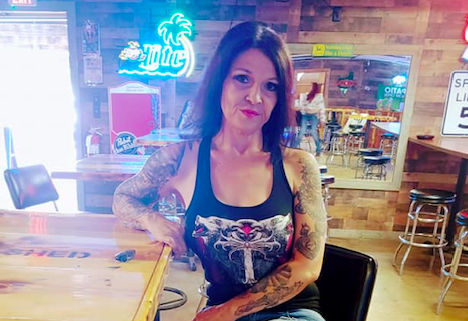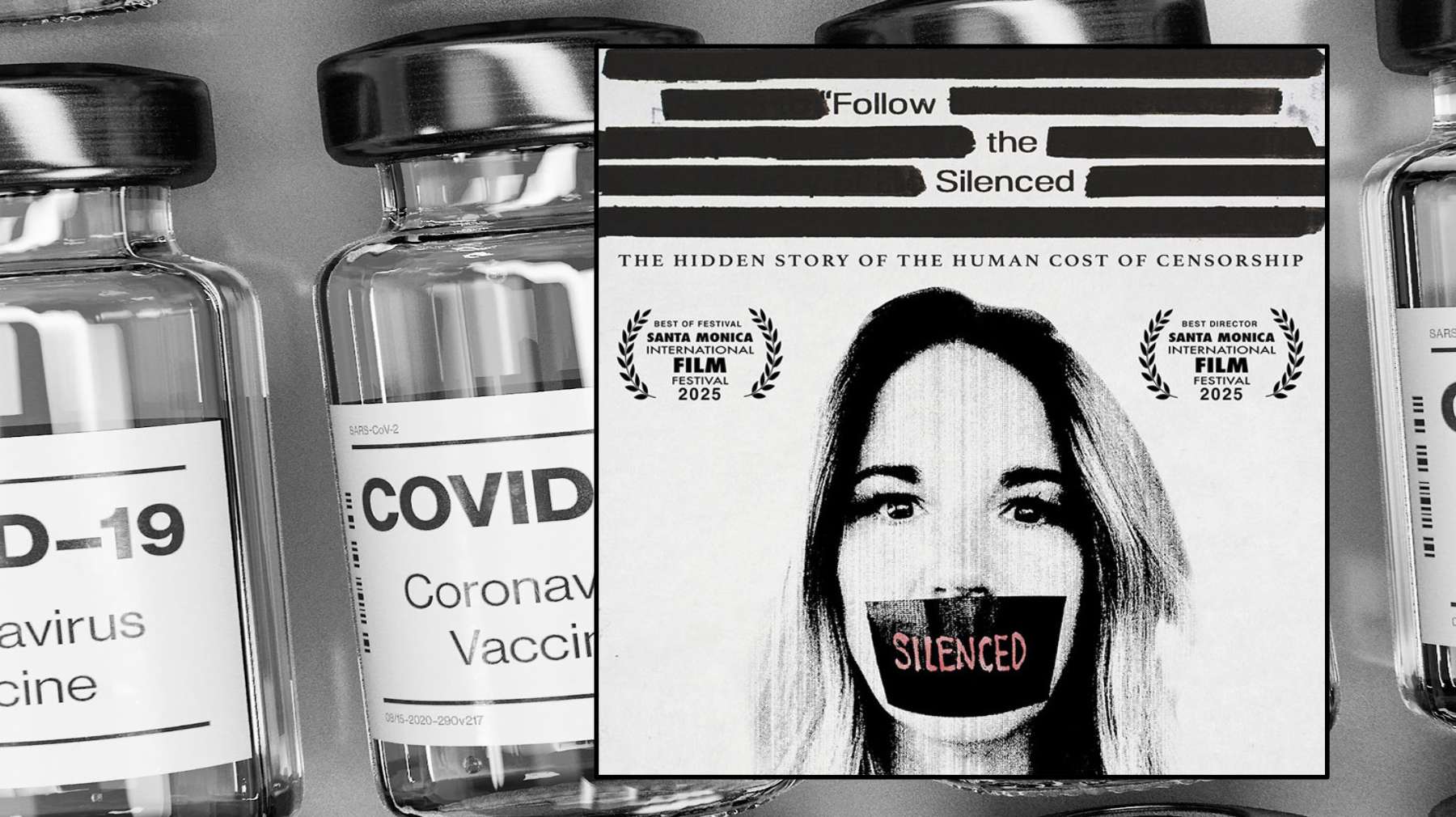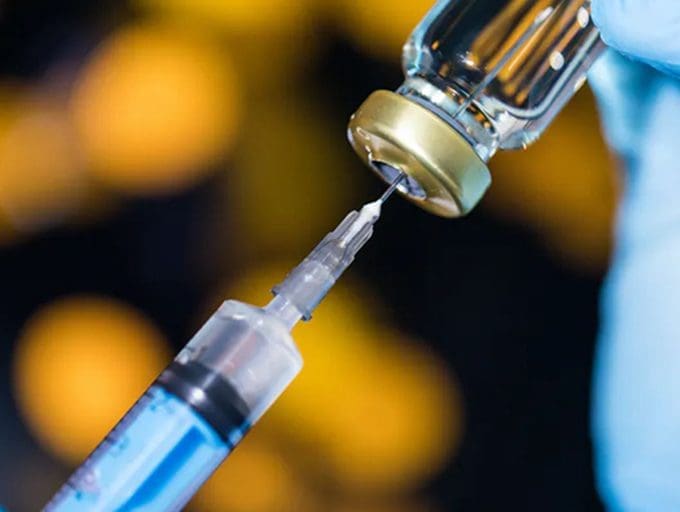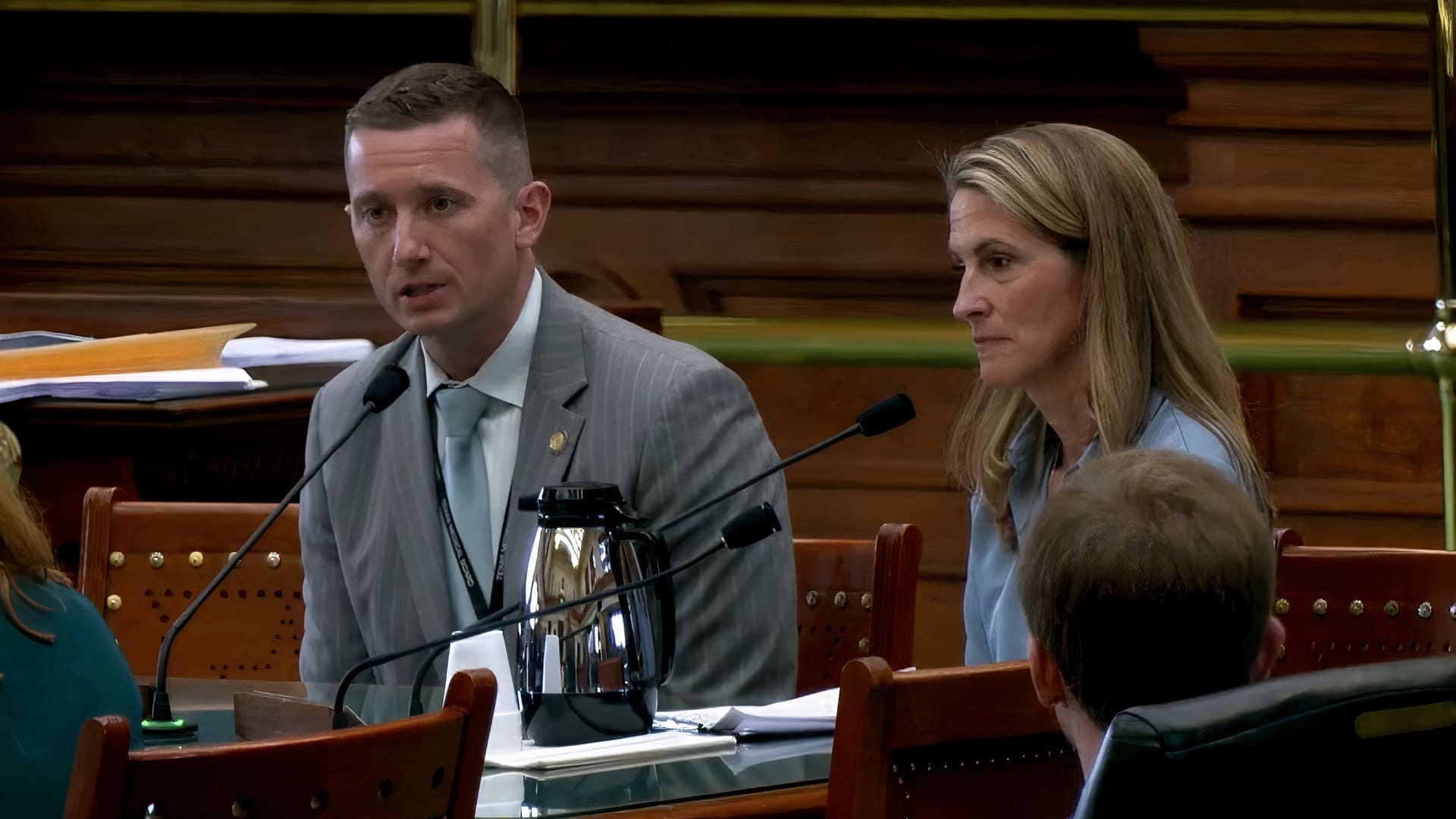Tee Allen is just one of thousands of Texas small-business owners whose lives and livelihoods are being crushed by Gov. Greg Abbott’s executive orders issued in response to the Chinese coronavirus. But her story illustrates the terrible personal toll the governor’s policies are taking on individuals, and she wants Texans to hear it.
“People need to understand how this has affected so many of us. And most keep silent, as I have, until the pain is too much,” Allen told Texas Scorecard. “If my pain will help others get help, I want that.”
Allen opened The Machine Shed Bar and Grill in Kilgore in early March, just before Abbott ordered his first statewide lockdown, billed as “15 days to slow the spread” of the virus. She also owns the Roughneck Café in White Oak.
Those 15 days became weeks and then months, causing Allen to become an outspoken critic of Abbott’s unfair mandates and the financial devastation he is causing.
But she says the personal toll is equally devastating.
“It’s happening to everybody,” Allen says of the pain, depression, and suicidal thoughts she and countless others are suffering—too often without support.
A recent analysis shows Texas is second only to California in the number of businesses killed by state governments’ coronavirus policies. Though 2020 data is not yet available, mental health experts predict the added stress of COVID closures will likely result in an increase in suicides and suicide attempts.
This is Allen’s story:
Nobody will talk about the deep dark. You keep that in the closet. People are dying because they won’t talk.
Can you imagine being the girl from foster care and the girl from the streets, the girl from jail, the girl who was on welfare for years and years raising my kids and my sister’s kids after she died of cancer, to becoming successful, working hard for it and making a living, and no one else is paying my way but me … to it just all being taken away and watching your savings account deplete?
[There are] no loans available—not everyone got loans; I didn’t—and no unemployment available, and no income coming in. That’s where I am.
It made me very depressed, very sad. I felt helpless, and I don’t like to feel helpless. I don’t like to feel out of control. And I stopped sleeping, and then I would sleep for two days, and then I wouldn’t sleep at all. My brain would race all night long, and I would feel manic.
I even had thoughts, before this suicide attempt. … I thought, I am so tired of this world, and I’m tired of being here, and I’m tired of the struggle, and I’m tired of the fight.
And then I thought, What a coward you are, Tee. What a coward you are, thinking like that. What about your kids? What about all these people that message you daily and say, “You’re my motivation; keep fighting”? And then I would think, They’re not the ones fighting, so they don’t know what I’m feeling inside. And what I’m feeling is despair.
So, I got really depressed in the last couple of weeks. I wasn’t opening the bar; I would make up an excuse, but the truth was I just wasn’t getting out of bed. And then I struggle with alcoholism … I struggle with sobriety, and I’m not sober anymore. I am right this second, but I’m not sober anymore, and what a disappointment that is for my kids … my grown kids.
But going through all the depression of losing everything I own, getting evicted from my apartment, not being able to pay for my son to go to college, all of those things … the only thing that numbed it was that bottle.
Allen said there are no treatment programs available right now, and without health insurance, she has to choose between seeing a doctor or paying her bills and her employees.
Bars and other 51-percenters—business owners who make more than 51 percent of their revenue from alcohol—have been completely shut down since the end of June by Abbott’s executive order GA-28. That order prompted a lawsuit by Allen and other bar owners against Abbott and the Texas Alcoholic Beverage Commission, which has been enforcing Abbott’s order through an erratic series of rules the agency made up on the fly.
Allen has been doing her best to pay fees and jump through regulatory hoops imposed by the state to keep her bar and grill open and to reopen her café. An employee even set up an account to help with business and legal expenses. But it’s a daily struggle, financially and mentally.
“So, that’s where I’m at. I got so sad, so depressed. And I don’t really remember it,” she says of her recent suicide attempt.
And guess what? The next day was just another day. Start over. Wear a long-sleeve shirt, and go back to the bar and do it again. Watch my business fail.
But people don’t want to talk about these things. They don’t want to talk about the deep dark and what’s going on behind the scenes. And what’s going on is not just myself. Hundreds of people are suicidal … it’s happening to everybody. And if my story and my pain being exposed by me will help somebody else reach out to somebody … I can do that.
I am super tired, and I don’t know what’s going to happen. … I feel very disappointed with myself. But I can’t look you in your face and tell you it might not happen again, because I don’t know.
Allen says months of struggling to stay in business has left her in “a dark, sad place.” But she is using her voice to fight back against the governor’s overreach, for herself and other small-business owners.
“I was silenced my whole life,” she said. “Shelley Luther [the Dallas salon owner and current state senate candidate jailed after opening her business against local and state shutdown orders] said something to me: ‘Do not care what other people think about you. Just keep fighting.’ And I’ve used that.”
“All I have left is my voice, and that I can control,” Allen said. “I can control my voice; he’s not taking it.”
On August 31, Abbott tweeted to struggling restaurant and bar owners, “I hope to provide updates next week about next steps.” The updates, in the form of GA-30, came over two weeks later. That order inched up operating limits for restaurants but kept the 51-percenters completely closed.
On Wednesday, Abbott issued yet another executive order, refusing to reopen bars and similar establishments but allowing some to partially reopen at 50 percent capacity starting on October 14, if county judges give their permission.
But for Allen and others, that’s not enough to make them whole.
He said that he sympathized with us that we were the worst hit, but then he didn’t say, “And because of those things, I’m going to take some of this COVID relief money and set up a grant they can apply for, and we’re going to help some of them keep going.”
If he would’ve done that, we’d be in such a different place. If he’d said, “It’s not safe to open the bars, but we can’t leave these people without a way to survive, so I’m going to take care of my fellow Texans.” He didn’t do that.
They need to have some resources. We’re developing PTSD. I don’t know what’s going to happen from day to day, and it makes me very panicky.
My anxiety is through the roof. If you’re going to keep us shut down because you feel that’s what you need to do to get the COVID rates down, you need to offer some assistance, offer some mental health resources, offer financial assistance, offer something to help us. Just throwing us to the wolves and leaving people to die … people are going to start killing themselves.
We are dying. We’re dying inside. This is a mental death. People are dying. He’s killed us. He didn’t offer us an out. At this time, he can still offer us an out; he can do something.
There has to be some personal responsibility.
“I don’t believe Abbott cares about us,” Allen added. “He doesn’t care what happens to us because it’s not going to affect him.”
Allen continues to struggle daily but says she won’t stop fighting or speaking out. She encourages others to speak out and ask for help when they need it.
